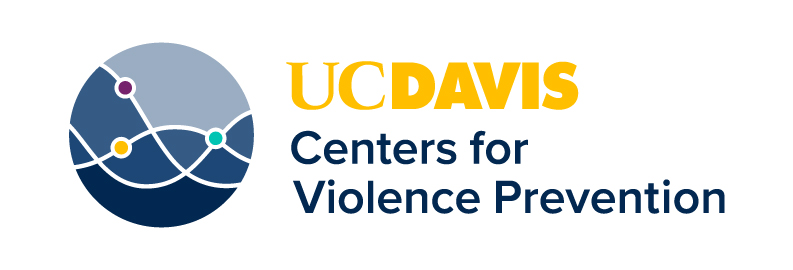
Artificial intelligence could aid in evaluating parole decisions
Quick Summary
- Analysis of data from New York shows the parole release rate could be doubled without increasing the subsequent arrest rate
To determine how effective the current system of risk-based parole is, researchers from the UC Davis Violence Prevention Research Program and the University of Missouri, Kansas City, used machine learning to analyze parole data from New York.
The machine learning algorithm found the predicted risks for those denied parole and those released are very similar. This suggests that low-risk individuals may have remained incarcerated, while high-risk individuals were released.
Media Resources
Read the article in UC Davis Health News
